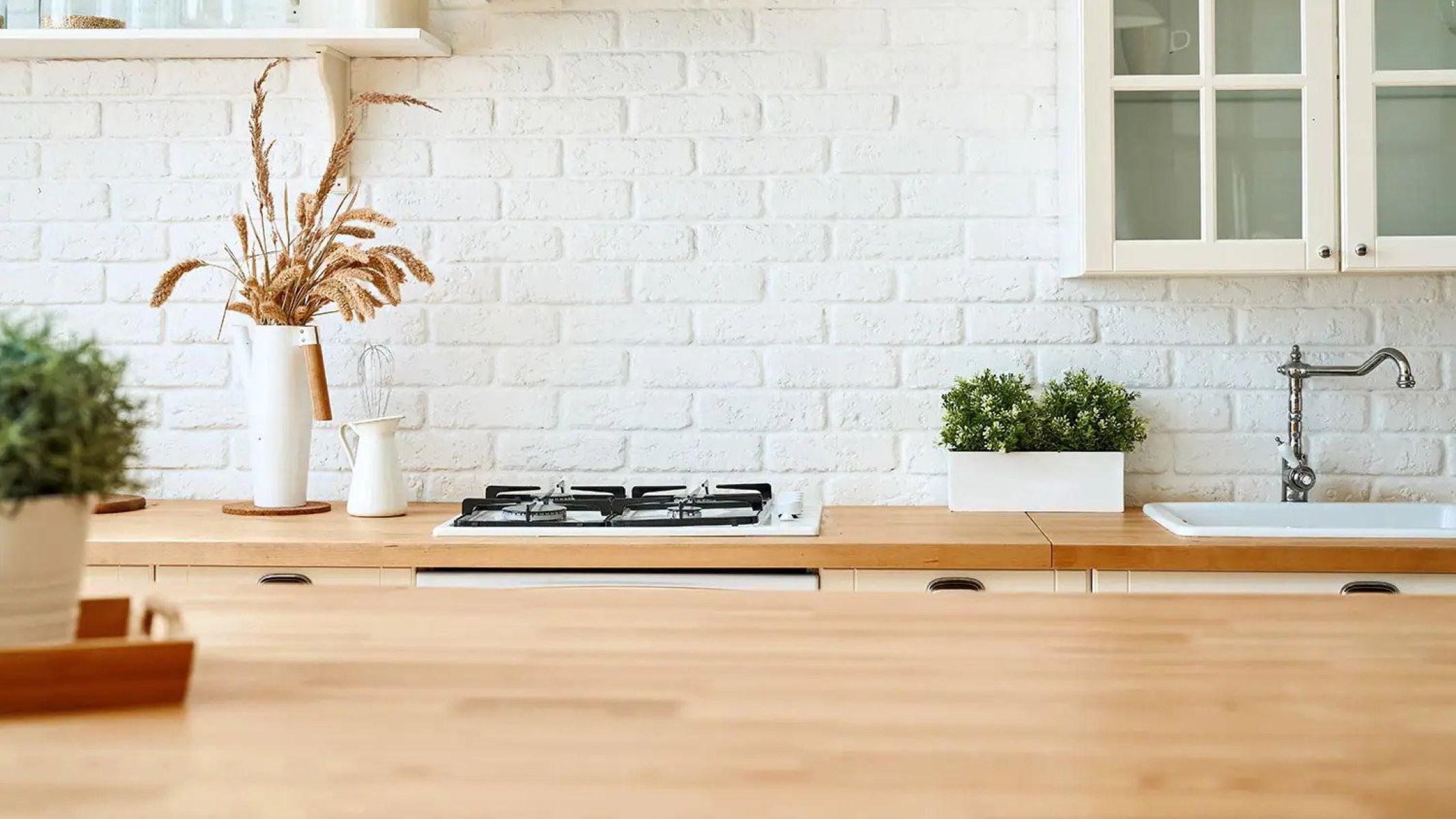

Articles
How Much Are Wood Countertops
Modified: January 6, 2024
Discover the cost of wood countertops in this comprehensive article. Get tips on budgeting and learn about different wood options for your project.
(Many of the links in this article redirect to a specific reviewed product. Your purchase of these products through affiliate links helps to generate commission for Storables.com, at no extra cost. Learn more)
Introduction
Wood countertops have gained popularity in recent years as a stylish and environmentally-friendly alternative to traditional countertop materials. With their warm and natural aesthetic, wood countertops can add a touch of warmth and character to any kitchen or bathroom. Not only do they provide a unique and rustic appeal, but they also offer several practical benefits that make them a desirable choice for homeowners.
In this article, we will explore the pros and cons of wood countertops, the types of wood available, the cost factors to consider, and the average cost of wood countertops. We will also discuss the factors that influence the cost and the benefits of investing in wood countertops. Lastly, we will provide tips on how to properly maintain and care for your wood countertops to ensure their longevity.
Key Takeaways:
- Wood countertops offer a natural, warm aesthetic and durability, making them an eco-friendly and customizable choice for homeowners seeking a timeless and inviting kitchen or bathroom design.
- While wood countertops require regular maintenance, their unique beauty, sustainability, and resistance to heat make them a worthwhile investment, adding character and charm to any space.
Read more: How To Finish Wood Countertops
Pros of Wood Countertops
Wood countertops offer a range of advantages that make them a popular choice for homeowners. Here are some of the key benefits:
- Natural and Warm Aesthetic: Wood countertops have a natural and warm appearance that adds a touch of charm and character to any space. The variations in wood grain and color create a unique and inviting look that can complement a variety of design styles.
- Durable and Long-lasting: When properly maintained, wood countertops can be extremely durable and long-lasting. They are resistant to scratches and dents and can withstand daily use in a busy kitchen without showing signs of wear and tear.
- Resistant to Heat: Wood is a natural insulator and can handle high temperatures without warping or melting. This makes wood countertops a practical choice for cooking and baking enthusiasts who frequently use hot pots and pans.
- Environmentally Friendly: Wood countertops are a sustainable choice as they can be made from reclaimed or FSC-certified wood. By opting for wood countertops, you are helping to reduce deforestation and promote the use of renewable resources.
- Customizable: Wood countertops offer a high level of customization. They can be easily sanded, stained, or refinished to match your desired color and style, allowing you to create a unique and personalized look for your kitchen or bathroom.
- Ease of Maintenance: Wood countertops are relatively easy to maintain. Regular cleaning with mild soap and water, along with periodic oiling, will help keep the wood in optimal condition. Minor scratches or imperfections can be easily repaired with minimal effort.
These advantages make wood countertops an attractive option for homeowners who value both aesthetics and functionality in their kitchen or bathroom design.
Cons of Wood Countertops
While wood countertops offer numerous benefits, it is important to consider the potential drawbacks before making a decision. Here are some of the common cons associated with wood countertops:
- Susceptible to Moisture Damage: Wood is a natural material that can absorb moisture. If not properly sealed or maintained, wood countertops can be prone to water damage, such as warping or swelling. It is crucial to regularly seal the wood and wipe up any spills immediately to prevent moisture from penetrating the surface.
- Require Regular Maintenance: Wood countertops require routine maintenance to keep them looking their best. This includes periodically sanding and sealing the wood, as well as applying mineral oil to prevent drying out. The maintenance involved may not be suitable for those seeking a low-maintenance countertop option.
- Vulnerable to Scratches and Dents: While wood is generally durable, it is not as resistant to scratches and dents as other countertop materials, such as granite or quartz. Sharp objects and heavy impacts can leave marks on the surface of the wood. However, these imperfections can often be sanded out and restored with the proper care.
- Susceptible to Stains: Wood countertops are susceptible to staining from certain foods, liquids, and chemicals. It is important to promptly clean up spills to prevent permanent staining. Additionally, certain acidic substances, like lemon juice or vinegar, can cause discoloration or damage to the wood if left on the surface for an extended period of time.
- Can Show Signs of Wear Over Time: With regular use, wood countertops may develop a patina or signs of wear over time. This can add character and charm to the countertop, but it may not be desirable for those seeking a consistently pristine and uniform appearance.
Considering these drawbacks will help you make an informed decision about whether wood countertops are the right choice for your specific needs and lifestyle.
Types of Wood for Countertops
When it comes to wood countertops, there is a wide range of wood species to choose from. Each type of wood offers unique characteristics and aesthetics, allowing you to find the perfect fit for your design preferences. Here are a few popular types of wood used for countertops:
- Maple: Maple is a highly durable and hard wood that is known for its light color and fine grain. It is a popular choice for countertops due to its resistance to scratches and wear, making it suitable for high-traffic areas.
- Cherry: Cherry wood is prized for its rich colors that deepen over time. It has a straight, fine grain and a smooth texture, making it a visually appealing option for countertops.
- Walnut: Walnut is a hardwood known for its dark, rich tones and beautiful grain patterns. It is a versatile choice that can add warmth and elegance to any kitchen or bathroom.
- Oak: Oak is a widely available and affordable wood option for countertops. It has a strong and distinctive grain pattern with warm hues that can complement a variety of design styles.
- Teak: Teak is a tropical hardwood valued for its water resistance and durability. It has a naturally high oil content, making it resistant to moisture and ideal for use in areas prone to water exposure.
- Bamboo: Although technically a grass, bamboo is an eco-friendly and sustainable choice for countertops. It has a unique grain pattern and can be finished to resemble hardwood.
Each type of wood has its own unique characteristics, so it is important to consider factors such as durability, maintenance requirements, and aesthetic preferences when choosing the right wood for your countertops. Consulting with a professional or visiting a showroom can also help you get a better sense of how different wood species will look in your space.
Cost Factors for Wood Countertops
When considering wood countertops, it is important to understand the various cost factors that can influence the overall price. Here are some key factors to consider:
- Wood Species: The type of wood you choose for your countertop will have a significant impact on the cost. Some wood species, such as exotic or rare woods, can be more expensive than common varieties.
- Countertop Size and Thickness: The size and thickness of the countertop will also affect the cost. Larger countertops or those requiring custom dimensions may be priced higher due to the additional labor and material needed.
- Construction Quality: The quality of construction, including the craftsmanship and joinery, will impact the price. Well-built countertops with precise cuts and strong joinery techniques may be priced higher than those with less attention to detail.
- Finish and Treatment: The type of finish and treatment applied to the wood can influence the cost. Specialized finishes, such as oil-based finishes or eco-friendly sealants, may come at a premium price.
- Edge Treatment: The style and complexity of the edge treatment can also impact the cost. Custom edge profiles or intricate detailing will require additional time and effort, contributing to the overall price.
- Additional Features: Any additional features or accessories, such as integrated sinks, wood inlays, or decorative accents, will add to the cost of the countertop.
- Installation: The cost of installation should be factored into the overall budget. Professional installation ensures a proper fit and longevity of the countertop but may come at an additional cost.
It is essential to consider these cost factors when budgeting for wood countertops. To get an accurate estimate, it is recommended to consult with a reputable countertop supplier or contractor to discuss your specific requirements and receive a detailed quote.
When considering the cost of wood countertops, keep in mind that the price can vary based on the type of wood, size of the countertop, and any additional features or customizations. It’s important to get quotes from multiple suppliers to find the best deal.
Read more: How To Stain Wood Countertops
Average Cost of Wood Countertops
The cost of wood countertops can vary depending on several factors, including the type of wood, size of the countertop, and location. As a rough estimate, the average cost of wood countertops ranges from $50 to $150 per square foot.
Basic wood species such as oak or maple generally fall on the lower end of the price range, while more exotic or premium woods like teak or walnut can be on the higher end. The cost can also increase if you opt for custom dimensions, specialized finishes, intricate edge treatments, or additional features.
Additionally, it is important to factor in the cost of installation, which can vary based on the complexity of the project and the expertise of the contractor. Installation costs typically range from $30 to $50 per square foot.
Keep in mind that these figures are approximate and can vary based on your specific requirements and the market conditions in your area. It is recommended to obtain quotes from multiple contractors or suppliers to get an accurate idea of the cost for your specific project.
Furthermore, it is worth mentioning that the investment in wood countertops goes beyond the initial cost. Wood countertops are known for their durability and longevity, and when properly maintained, they can withstand the test of time. Therefore, the upfront cost can be seen as a worthwhile investment in the overall value and aesthetics of your space.
Factors That Influence Cost
Several factors can influence the cost of wood countertops. By understanding these factors, you can better estimate the overall expense and make informed decisions. Here are the key factors that can influence the cost:
- Type of Wood: The choice of wood species significantly impacts the cost of wood countertops. Exotic or rare woods tend to be more expensive compared to common or locally available options.
- Size and Thickness: The size and thickness of the countertop affect the cost. Larger countertops require more materials and labor, which can increase the overall expense.
- Wood Grain Pattern and Character: Wood countertops with unique grain patterns, figuring, or character marks are often more desirable and can command a higher price.
- Customization and Detailing: Any customizations or intricate detailing, such as edge treatments, inlays, or decorative accents, can increase the cost due to the additional time and craftsmanship required.
- Finish and Treatment: The type of finish and treatment can affect the cost. Specialized finishes or eco-friendly sealants may come at a higher price compared to standard options.
- Location: The geographic location can have an impact on the cost of wood countertops. Prices can vary based on the availability of materials, local labor costs, and market demand.
- Supplier or Contractor: The choice of supplier or contractor can affect the cost. Different suppliers may have varying pricing structures, and contractors with more experience and expertise may charge higher fees.
It is essential to consider these factors when determining the budget for your wood countertops. By analyzing your specific requirements and understanding how each factor influences the cost, you can make informed decisions and ensure that the final price aligns with your budget and expectations.
Remember, it is always advisable to obtain quotes from multiple suppliers or contractors to compare prices and ensure you are getting the best value for your investment.
Benefits of Investing in Wood Countertops
Investing in wood countertops offers numerous benefits that make them an attractive choice for homeowners. Here are some key advantages of choosing wood countertops for your kitchen or bathroom:
- Natural Aesthetic: Wood countertops bring a natural and warm element to any space. The unique grain patterns and colors of different wood species create a timeless and inviting atmosphere, adding a touch of beauty and character to your kitchen or bathroom.
- Eco-Friendly Choice: Wood is a renewable resource, and by opting for wood countertops, you are making an environmentally-friendly choice. Furthermore, using reclaimed or FSC-certified wood can further reduce your environmental impact and contribute to sustainability.
- Durability and Longevity: With proper care and maintenance, wood countertops can last for many years. They are highly durable and resistant to daily wear and tear, making them suitable for high-traffic areas like kitchens.
- Warmth and Comfort: Wood countertops have a natural warmth that adds a cozy and inviting feel to your space. They create a comfortable and welcoming environment, making your kitchen or bathroom a place where you enjoy spending time.
- Customization Options: Wood countertops offer a high level of customization. They can be easily cut, shaped, and finished to fit your specific design preferences. Whether you prefer a sleek and modern look or a more rustic and traditional style, wood countertops can be tailored to suit your needs.
- Timeless Appeal: Wood is a classic and timeless material that never goes out of style. Unlike certain countertop materials that may go in and out of fashion, wood countertops have a timeless appeal that can withstand changing design trends.
- Warmth and Easy on Cookware: Wood countertops are gentler on delicate cookware compared to harder materials like stone or metal. Their natural cushioning effect provides a softer surface for fragile items, reducing the risk of chips or breakage.
- Easy to Maintain: Wood countertops are relatively easy to maintain. Regular cleaning with mild soap and water, along with periodic oiling, will help keep the wood in optimal condition. Minor scratches or imperfections can be easily repaired, ensuring that your countertops look beautiful for years to come.
These benefits make wood countertops an appealing choice for homeowners who value the combination of aesthetics, durability, and sustainability in their kitchen or bathroom design. Not only do wood countertops offer functional advantages, but they also enhance the overall ambiance of the space, creating a warm and welcoming atmosphere for you and your family to enjoy.
Maintenance and Care for Wood Countertops
Proper maintenance and care are essential to keep your wood countertops looking beautiful and in optimal condition. With the right care routine, you can ensure their longevity and preserve their natural beauty. Here are some guidelines for maintaining and caring for your wood countertops:
- Seal the Wood: It is important to seal the wood surface to protect it from moisture and stains. Choose a food-safe, non-toxic sealant specially designed for wood countertops and follow the manufacturer’s instructions for application. Regularly reapply the sealant as needed to maintain its effectiveness.
- Prevent Water Damage: Wood is susceptible to water damage, so it is crucial to wipe up spills immediately. Avoid leaving wet or damp items on the countertop for extended periods of time, as this can cause warping or discoloration. Use coasters or trivets under hot or wet objects to protect the wood surface.
- Avoid Harsh Cleaners: When cleaning your wood countertops, avoid using abrasive or harsh chemicals that can damage the wood or remove the sealant. Instead, use a mild dish soap diluted in warm water and a soft cloth or sponge to gently clean the surface. Dry the countertop thoroughly after cleaning to prevent moisture penetration.
- Regularly Oil the Wood: Oiling the wood helps to replenish its natural moisture, enhance its color, and provide a protective barrier. Use food-grade mineral oil or specific oils recommended for wood countertops. Apply a thin, even coat of oil and let it absorb into the wood for the recommended time before wiping off any excess. Repeat this process as needed, typically every few months or when the wood appears dry.
- Prevent Scratches: While wood countertops are relatively durable, it is important to take precautions to prevent scratches. Use cutting boards when chopping or slicing food, and avoid dragging sharp or heavy objects across the surface. Regularly inspect the countertop for any scratches and repair them promptly.
- Remove Stains: Promptly clean up any spills to prevent staining. For stubborn stains, create a paste by mixing baking soda with water and gently scrub the area with a soft cloth or sponge. Rinse thoroughly and dry the countertop after removing the stain.
- Avoid Excessive Heat: Wood countertops are heat-resistant, but it is recommended to use trivets or hot pads under hot pans, pots, or other heated cookware. Direct exposure to extreme heat can cause discoloration or damage to the wood surface.
By following these maintenance and care practices, you can ensure that your wood countertops remain beautiful and in excellent condition for years to come. Regular upkeep and attention will help protect the wood, maintain its natural charm, and prolong the lifespan of your countertops.
Read more: What Is The Best Wood For Countertops
Conclusion
Wood countertops offer a unique blend of natural beauty, durability, and sustainability, making them an attractive choice for homeowners looking to enhance their kitchen or bathroom design. With their warm and inviting aesthetic, wood countertops can add a touch of character and charm to any space.
In this article, we explored the pros and cons of wood countertops, the types of wood available, the cost factors to consider, and the average cost of wood countertops. We also discussed the factors that influence the cost and the benefits of investing in wood countertops. Additionally, we provided guidelines for maintaining and caring for wood countertops to ensure their longevity and preserve their natural beauty.
While wood countertops require regular maintenance and care, the rewards outweigh the effort. Their durability, resistance to heat, and timeless appeal make them a desirable choice for homeowners seeking a functional and visually appealing countertop surface.
When considering wood countertops, it is important to evaluate your specific needs, budget, and design preferences. Consulting with professionals in the industry can provide valuable insights and help you make informed decisions regarding the type of wood, customization options, and installation process.
Wood countertops offer a unique opportunity to bring nature into your home while enjoying the benefits of a functional and stylish surface. Whether you prefer the classic beauty of oak, the rich tones of cherry, or the elegance of walnut, wood countertops can transform your kitchen or bathroom into a warm and inviting space that you will love for years to come.
Frequently Asked Questions about How Much Are Wood Countertops
Was this page helpful?
At Storables.com, we guarantee accurate and reliable information. Our content, validated by Expert Board Contributors, is crafted following stringent Editorial Policies. We're committed to providing you with well-researched, expert-backed insights for all your informational needs.
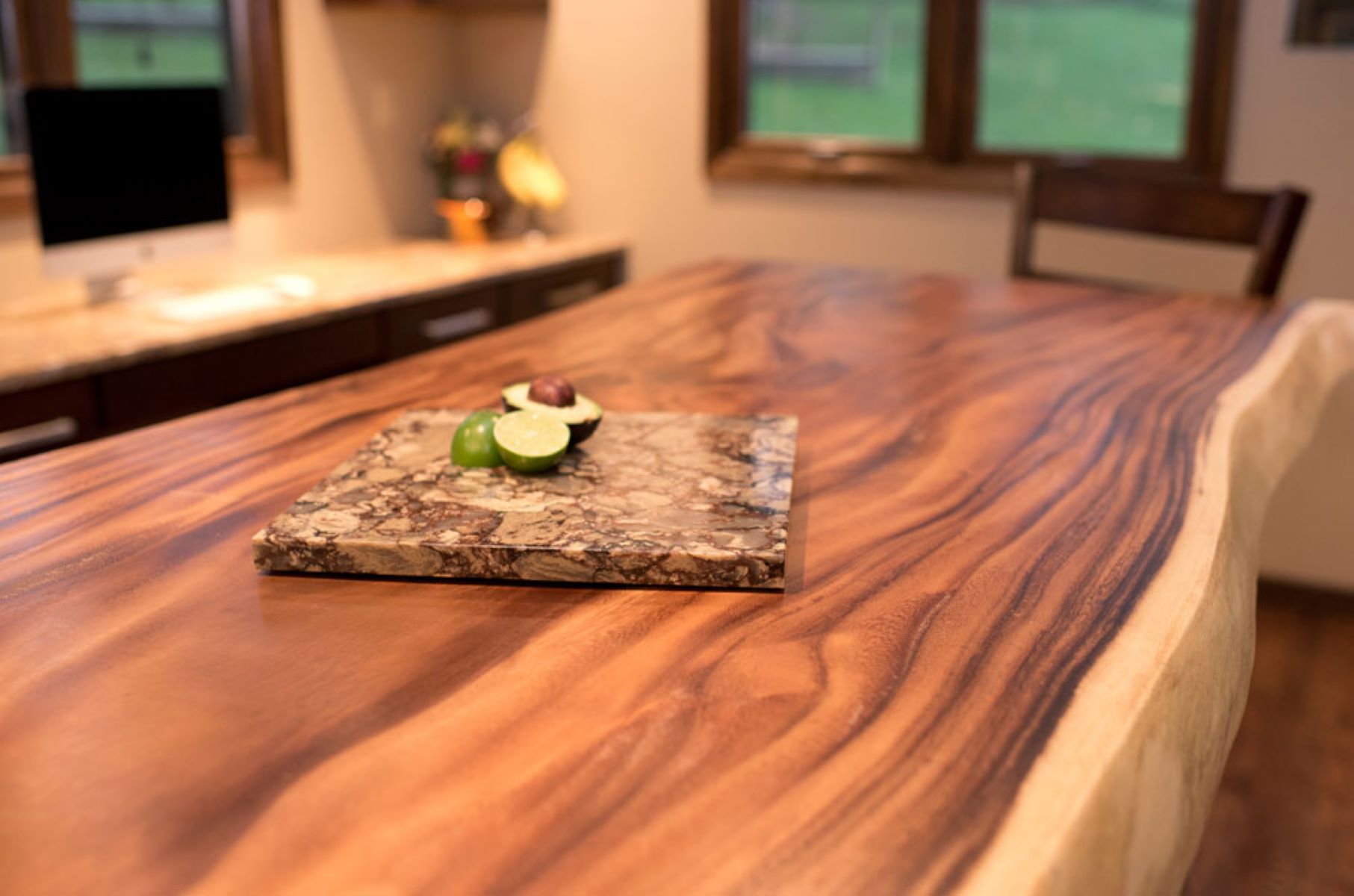
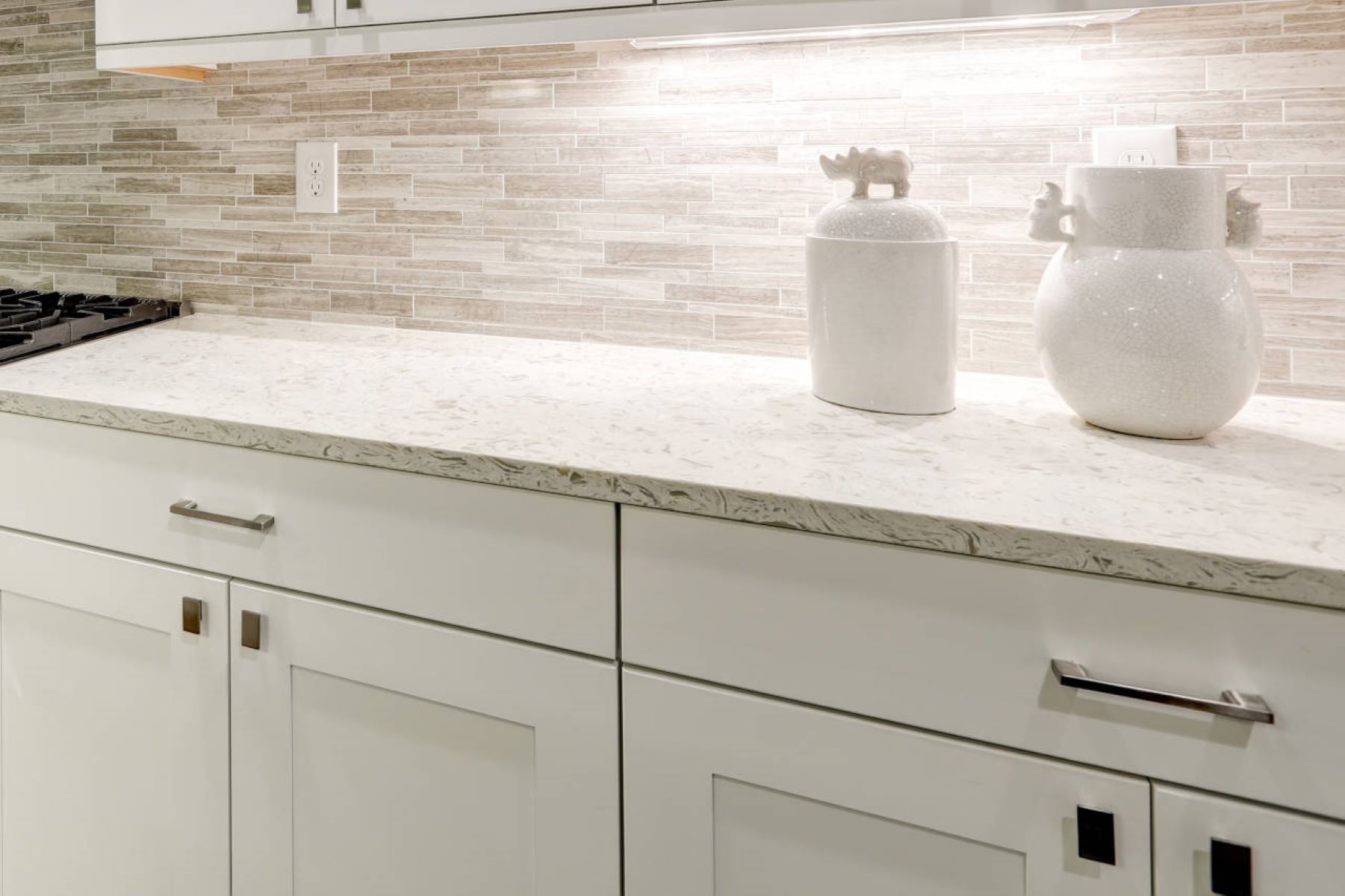
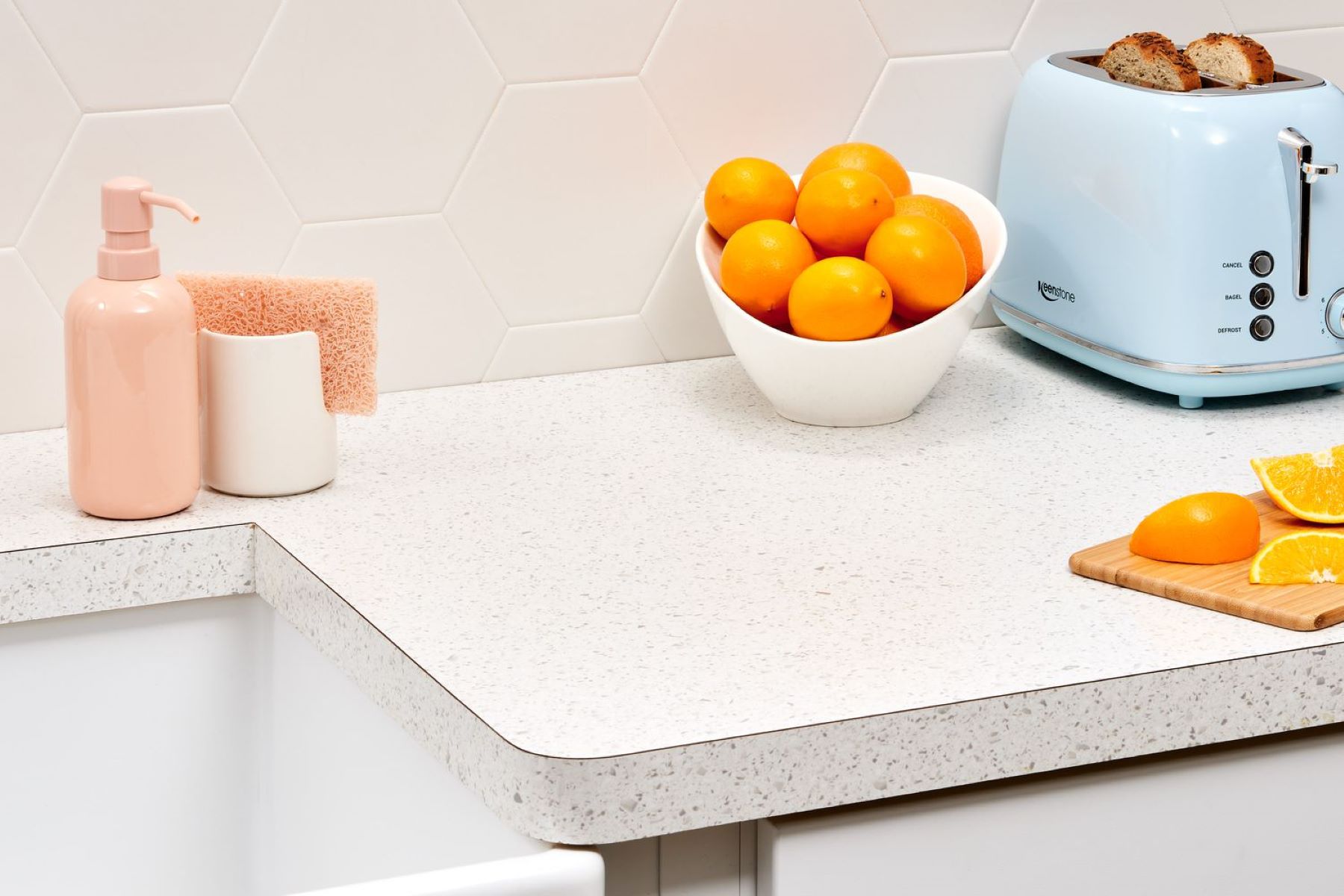
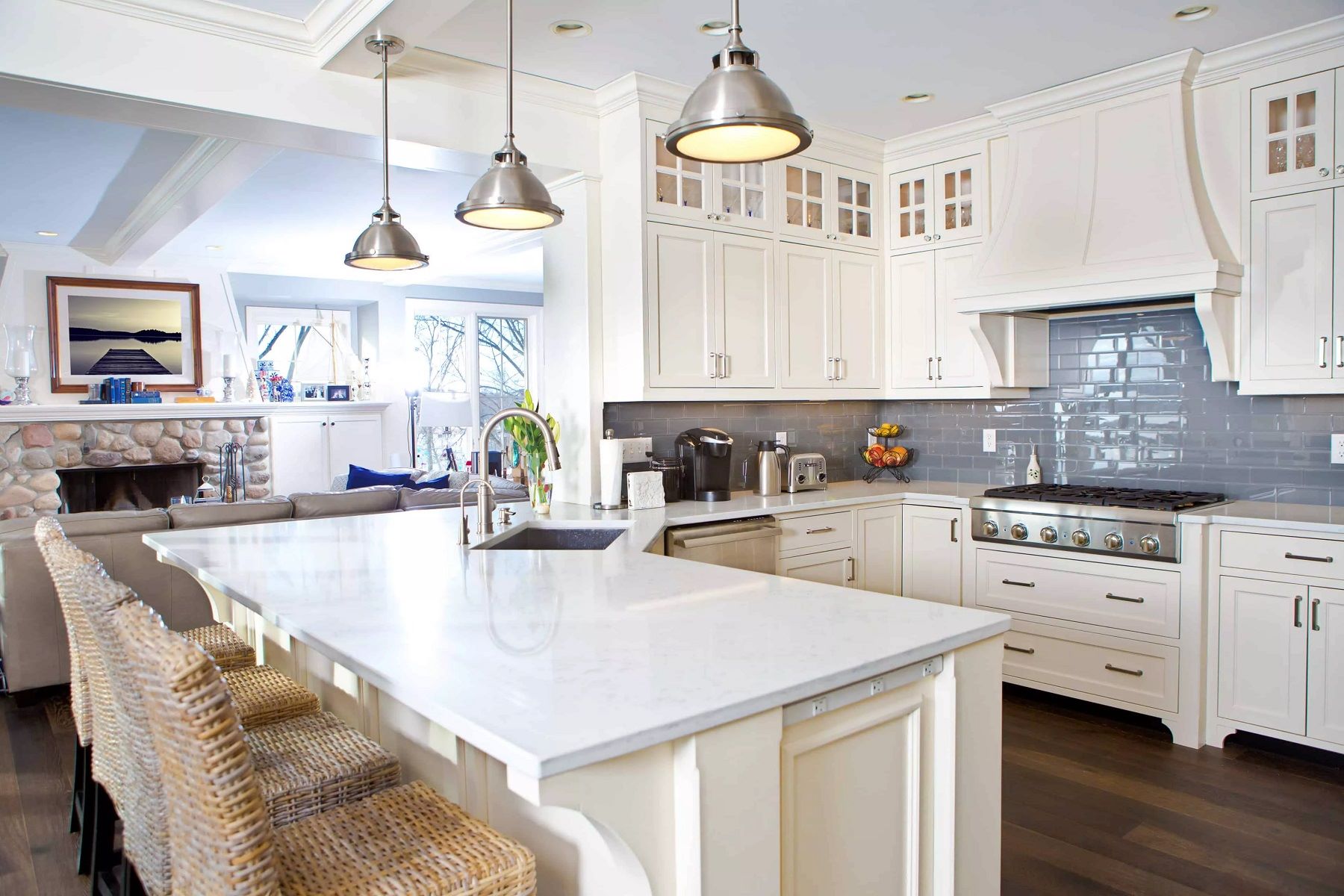
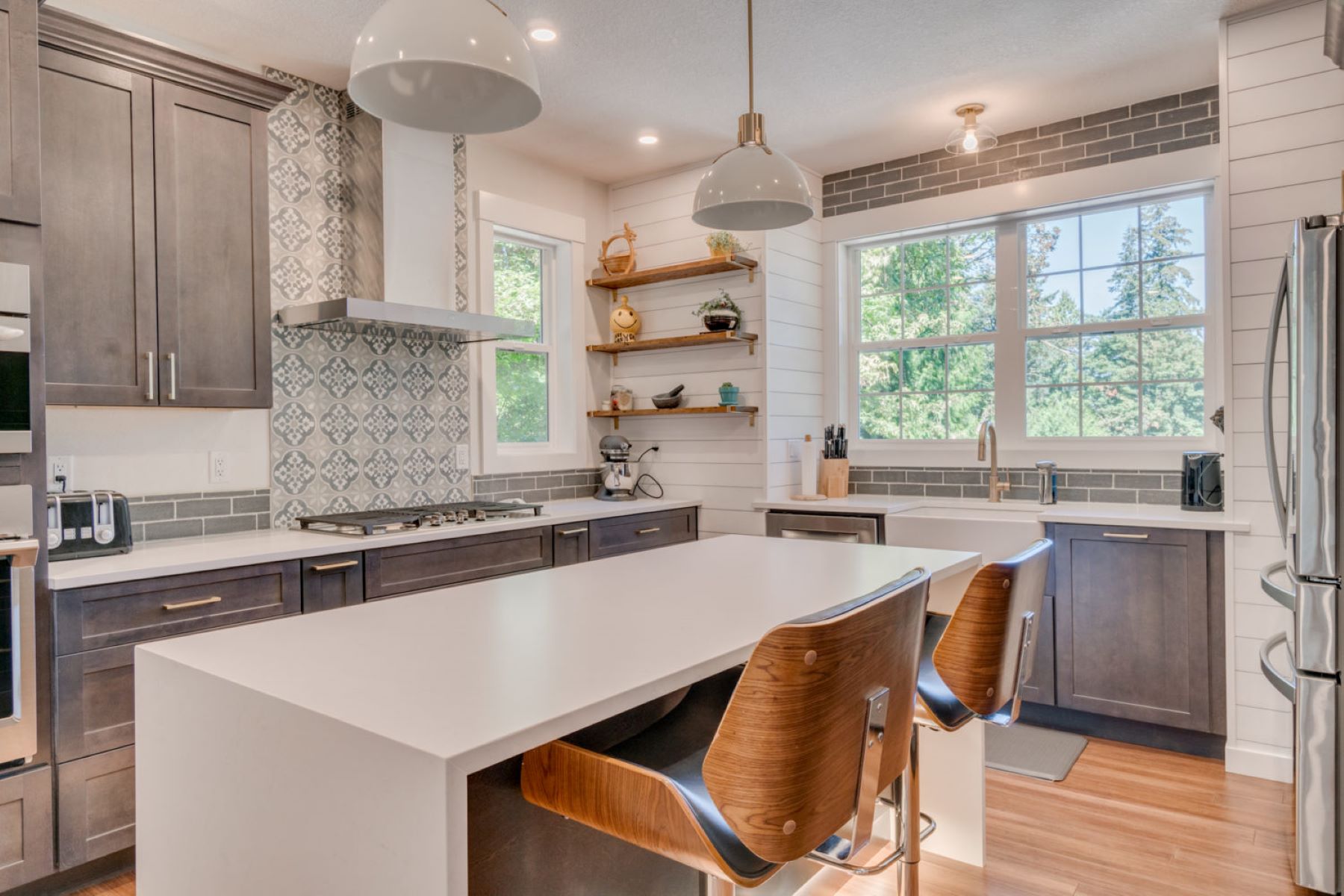
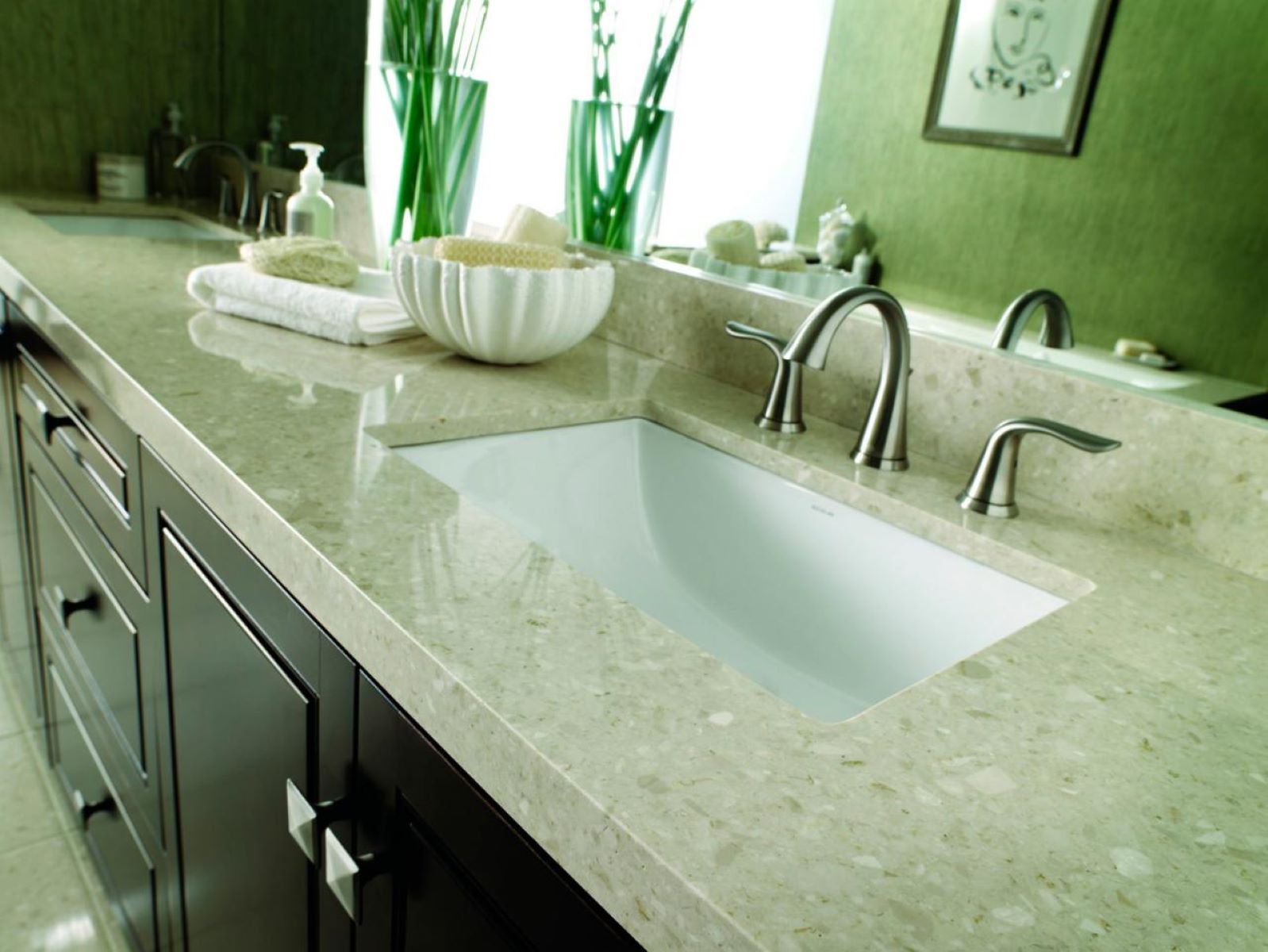
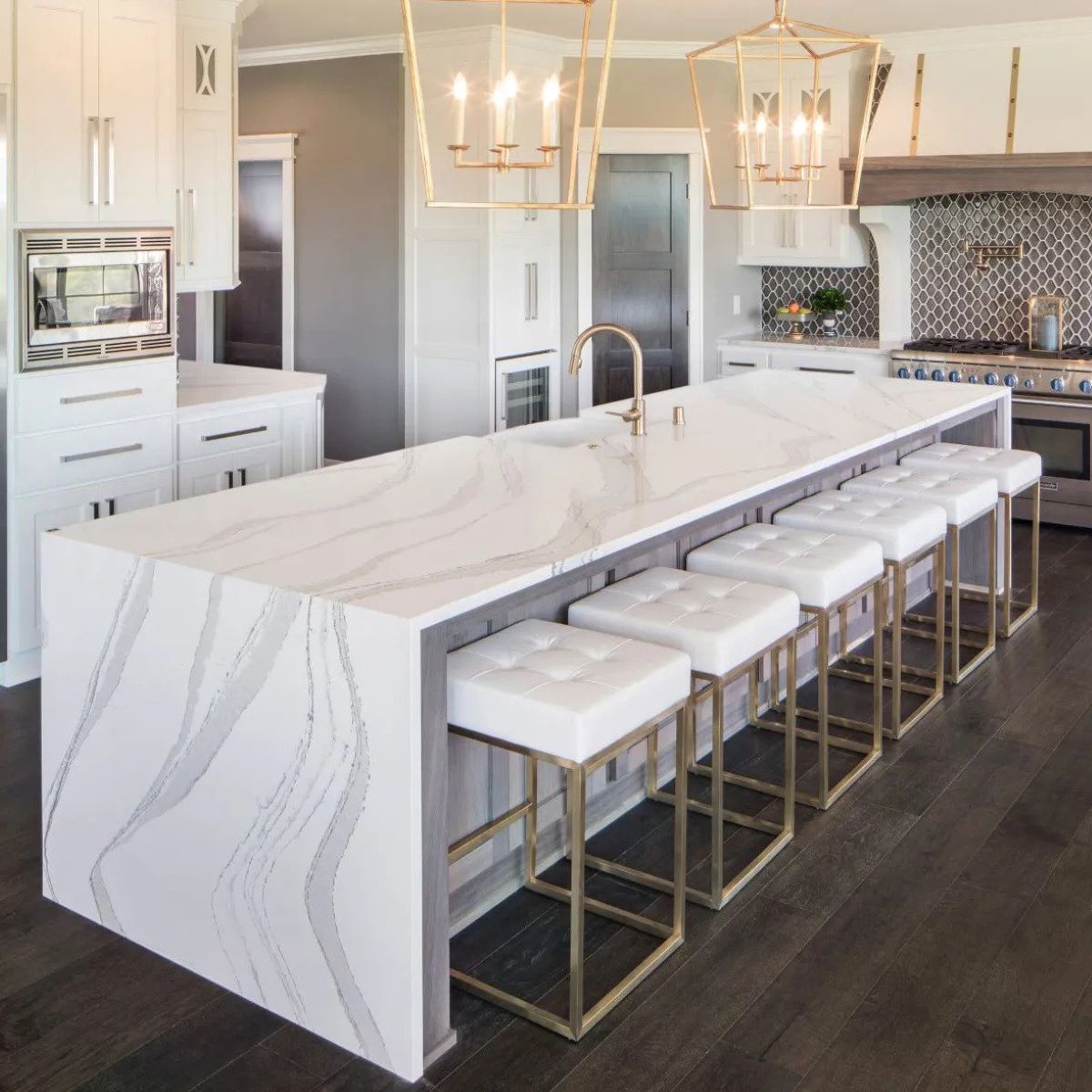
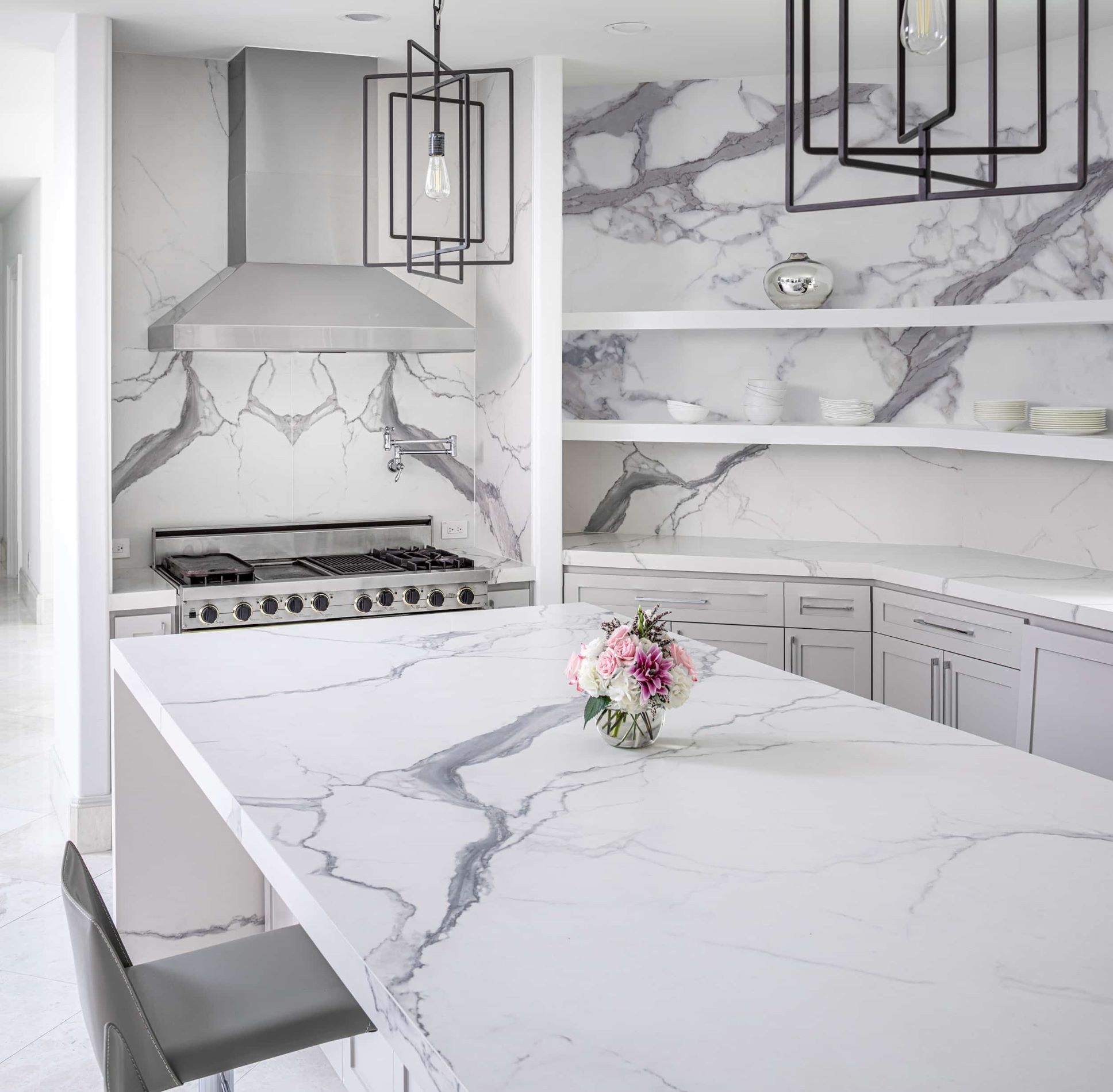
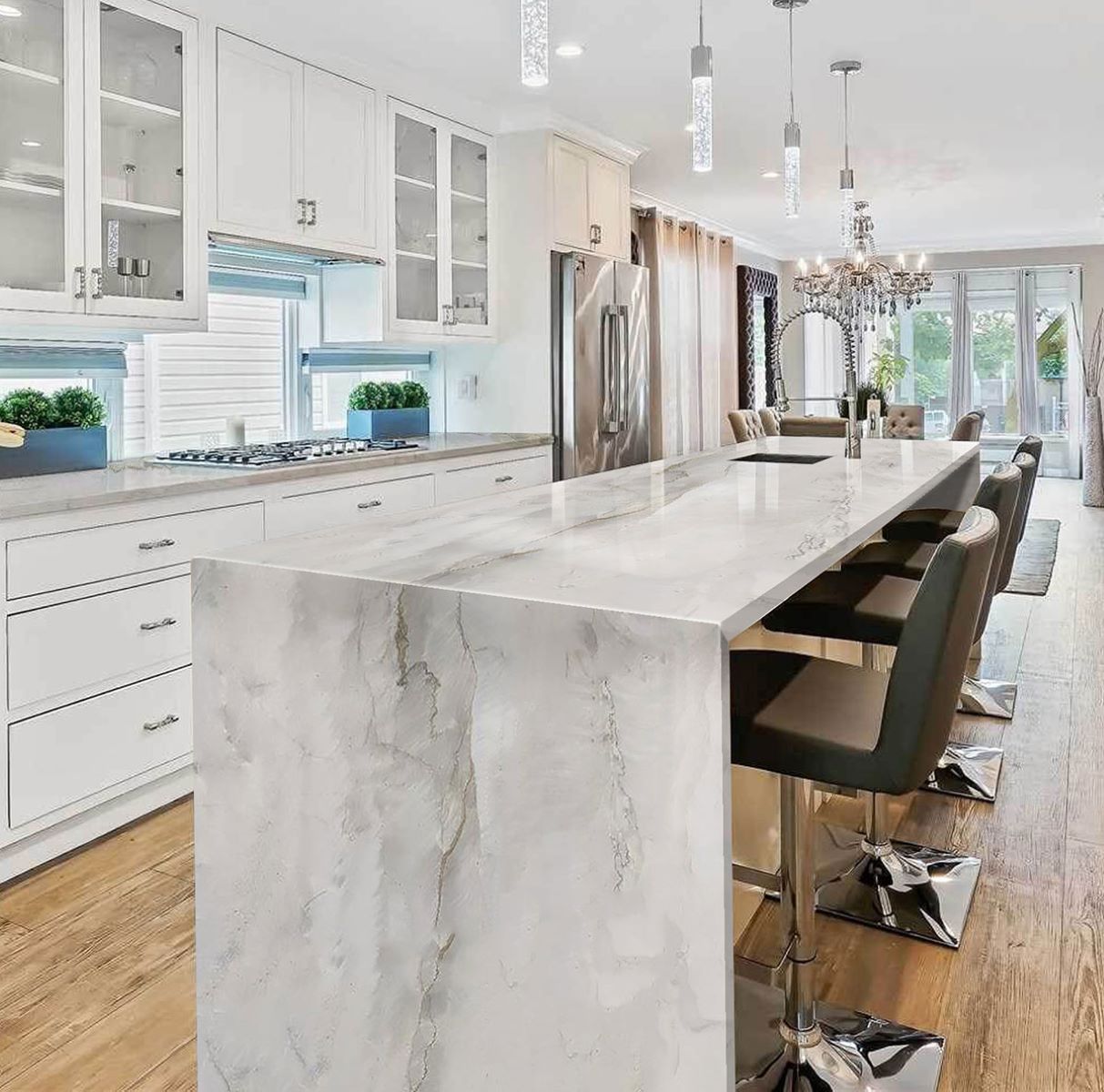
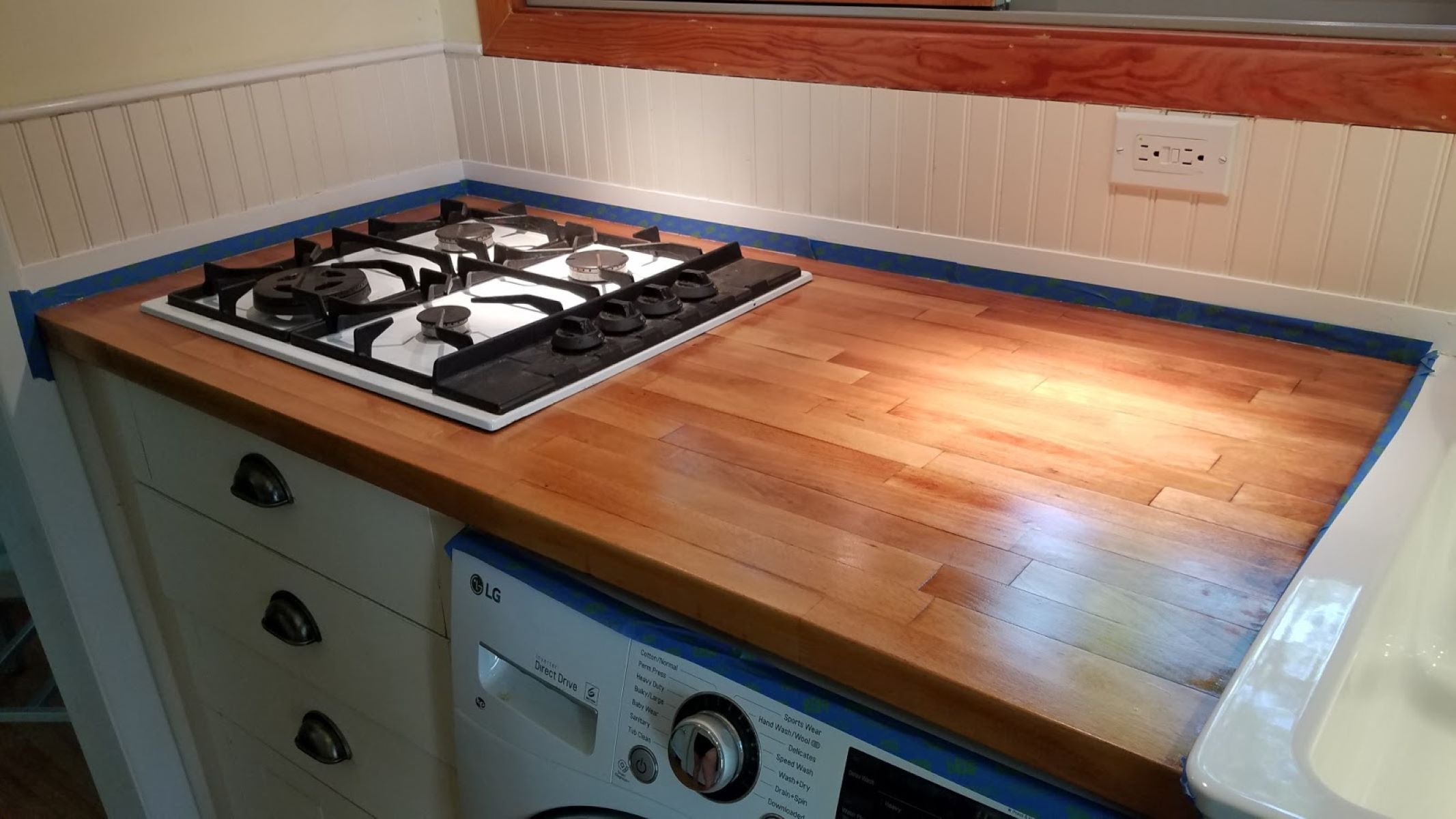
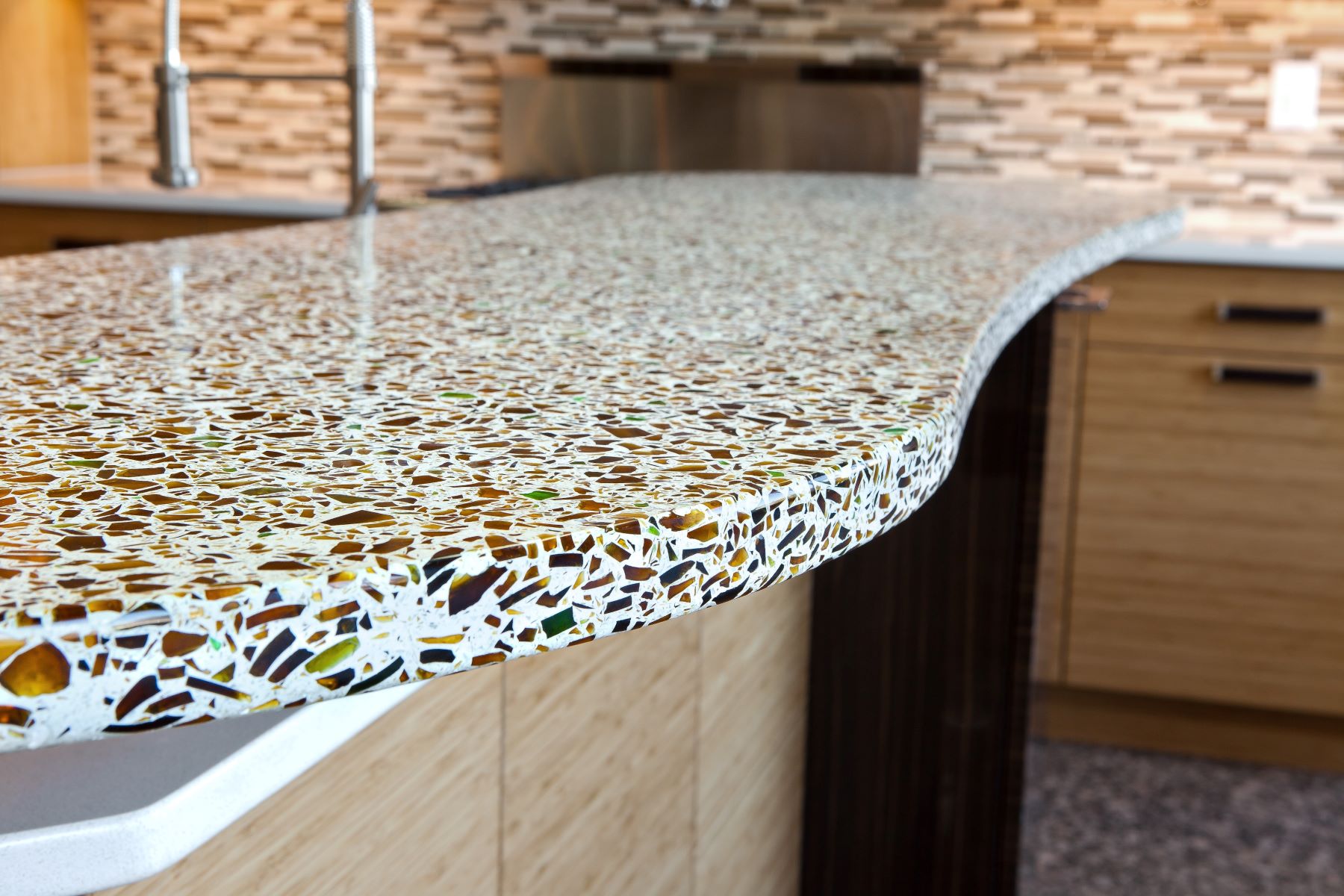
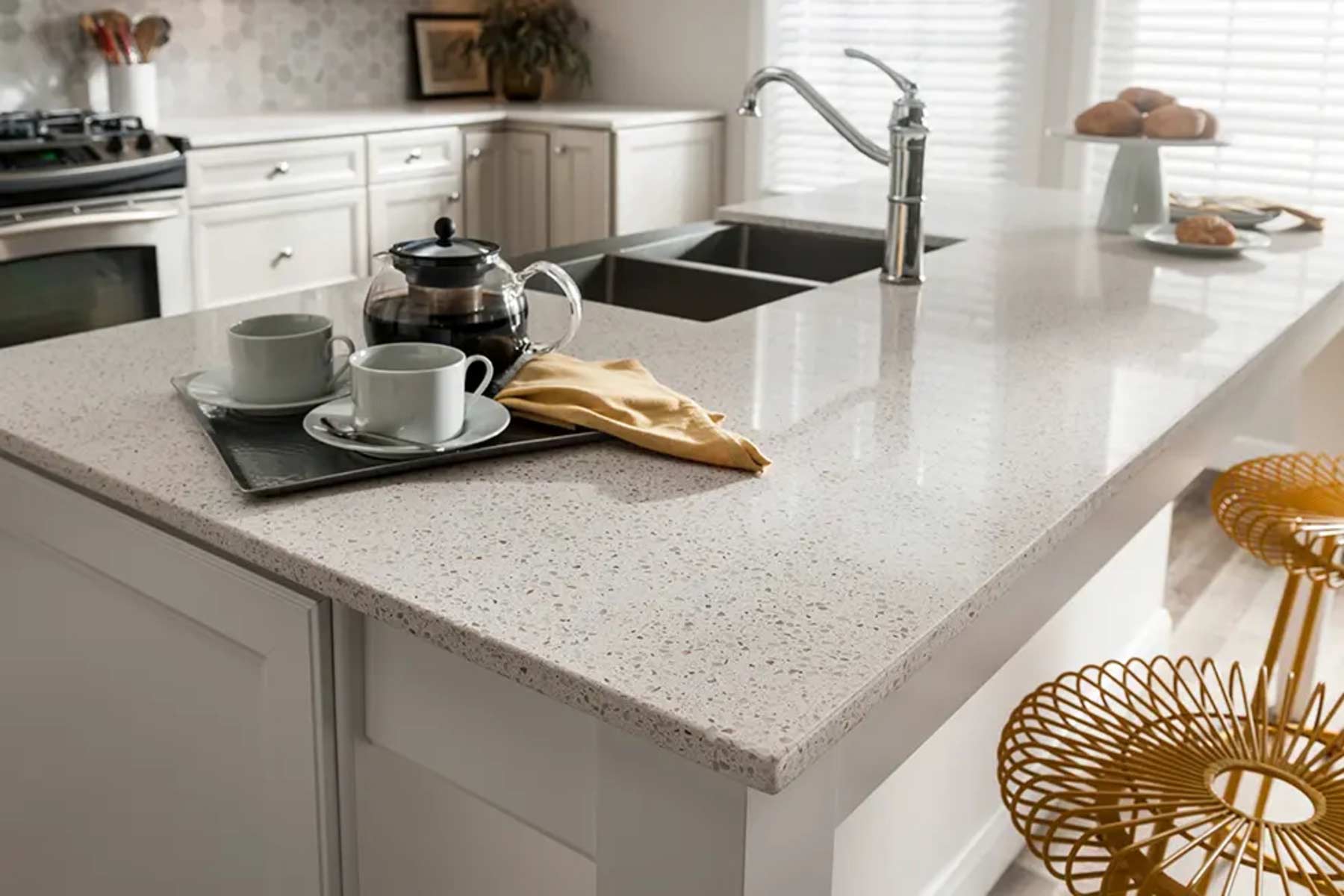
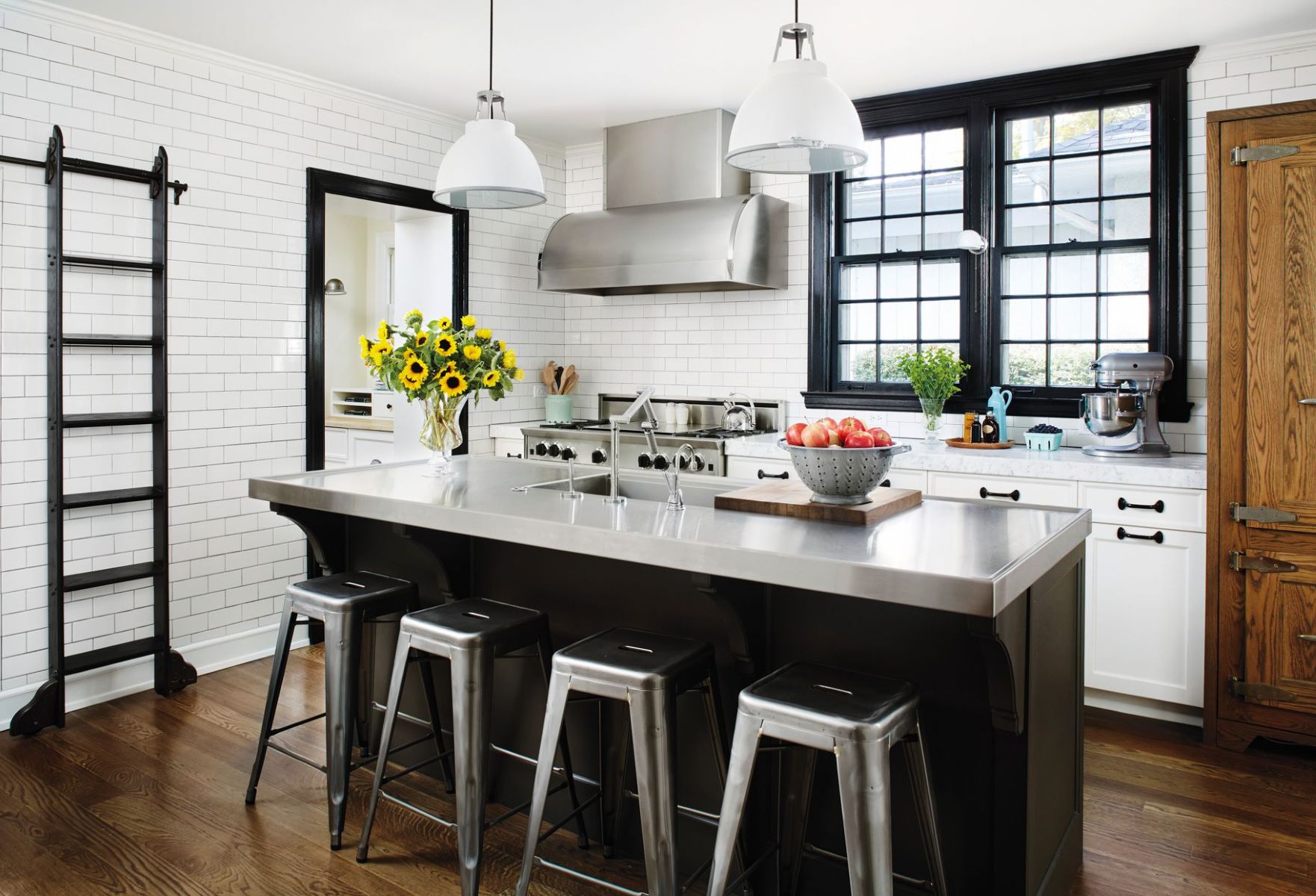

0 thoughts on “How Much Are Wood Countertops”